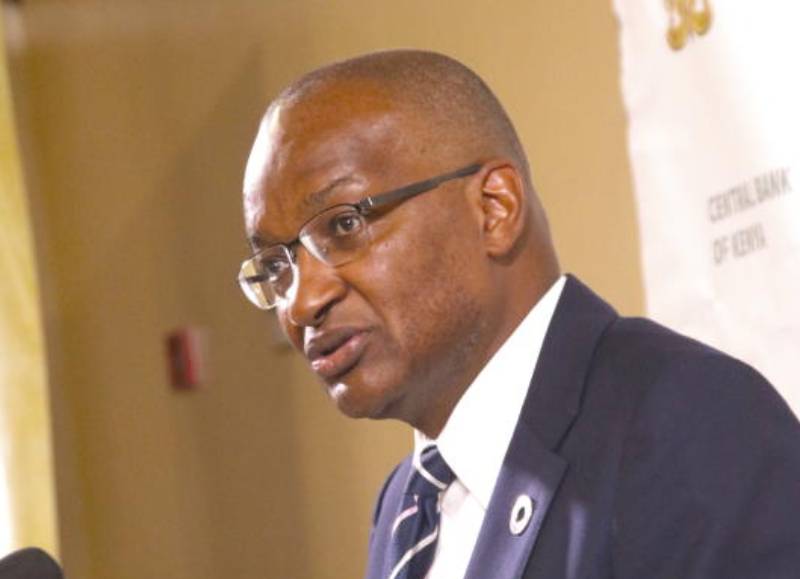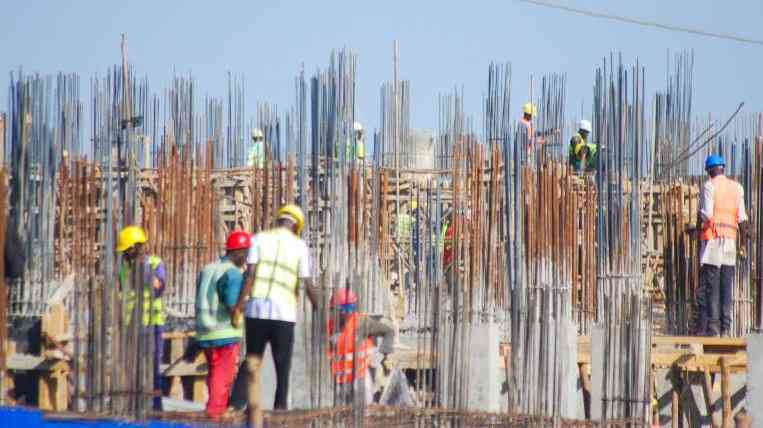×
The Standard e-Paper
Home To Bold Columnists

Central Bank of Kenya (CBK) has flagged the use of wrong economic data across several sectors that has led to a distorted view of the country’s recovery from the Covid-19 pandemic.







